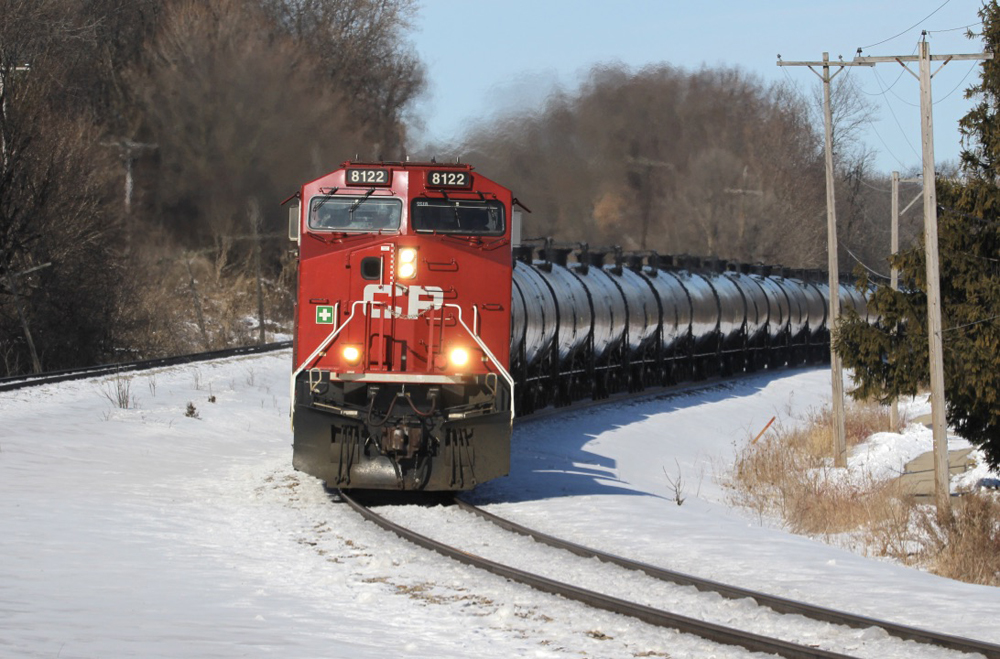
The Canadian Pacific acquisition of Kansas City Southern should help the railroads develop new business — including diverting truck traffic to rail — but the $29 billion deal announced on Sunday could face regulatory hurdles and opposition from shippers and other Class I systems.
CP and KCS executives touted the potential for traffic growth that would flow from new single-line service linking Canada and the Upper Midwest with Texas and Mexico. They were particularly bullish on the prospect of new intermodal service that would tap cross-border trade with Mexico.
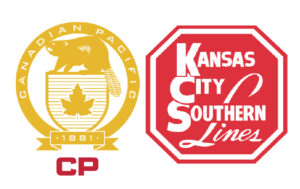 Intermodal analyst Larry Gross says there’s plenty of opportunity to grow intermodal service to and from Mexico. “I think that having single-line service can only help,” Gross says. “The U.S.-Mexico cross-border market has been a laggard and so too, the Midwest-South Central (Chicago-Texas) market. I think the bigger question than the southbound auto parts is the northbound market, which is the overbalanced direction. Intermodal has a small share overall and the market has suffered because of the need to work with more than one railroad for most moves.”=
Intermodal analyst Larry Gross says there’s plenty of opportunity to grow intermodal service to and from Mexico. “I think that having single-line service can only help,” Gross says. “The U.S.-Mexico cross-border market has been a laggard and so too, the Midwest-South Central (Chicago-Texas) market. I think the bigger question than the southbound auto parts is the northbound market, which is the overbalanced direction. Intermodal has a small share overall and the market has suffered because of the need to work with more than one railroad for most moves.”=
Todd Tranausky, vice president of rail and intermodal at FTR Transportation Intelligence, a freight forecasting firm, says intermodal, grain, and chemicals and petroleum products are likely to see the biggest gains from a CP-KCS merger.
Mexico is the largest export market for U.S. grain, but having single-line service from Canada could open the market to Canadian farmers as well, Tranausky says.
“From a chemical/petroleum perspective, Canadian crude and other petroleum products will no longer have to interchange in Chicago or Kansas City and would be able to move directly to the U.S. Gulf Coast, which would represent a significant efficiency for those shippers, particularly as pipeline projects face additional uncertainty,” Tranausky says.
Shippers will play a major role in how the Surface Transportation Board views the merger, Tranausky says. Past mergers created major service problems at the outset.
“Rail shippers will have a big voice at the Surface Transportation Board and if they are not satisfied that the carriers can maintain service levels during the transition and improve them going forward, then they may not support the transaction at the regulator,” Tranausky says. “The board has been increasingly focused on shippers’ concerns in recent years and I would expect they will play an outsized role in how the board views this transaction through the process.”
The National Industrial Transportation League, which is the largest shipper organization in North America, on Sunday took a wait-and-see approach to the merger.
“Given the scale of the announcement of the merger between Canadian Pacific and Kansas City Southern and many details yet to be learned, it’s too early to take a position on the favorability of this merger to the rail shipping community,” NITL Executive Director Jennifer Hedrick says. “While the National Industrial Transportation League and our members have outstanding relationships with both Canadian Pacific and Kansas City Southern, and are optimistic about this new venture, any merger in this industry and on this scale will be viewed with healthy skepticism based on prior history and experience of rail mergers.”
Shippers look forward to learning more about the merger and its potential impact, she said.
Even though the STB’s more stringent merger review rules enacted in 2001 contain an exemption for a merger involving KCS, the CP-KCS deal will be the first real test of the rules, Tranausky says. “There has not been a successful Class I merger since they were put in place and it will be interesting to see how they are applied to this transaction,” he says. “KCS is a bit unique from a regulatory perspective in the U.S. so we will have to see how the board interprets its rules as the control proceeding moves forward.”
CP CEO Keith Creel told investors and analysts today that he expects shippers will support the merger due to its pro-competitive impacts and the opportunity to connect new markets.
Independent rail analyst Anthony B. Hatch expects the merger will pass regulatory muster. “I don’t see any realistic chance of STB rejection,” he says, noting that no shippers will lose competitive rail service under the deal.
It is not clear how other Class I railroads will react to the deal and whether they would seek concessions from CP and KCS or regulatory relief from the STB, Hatch says.






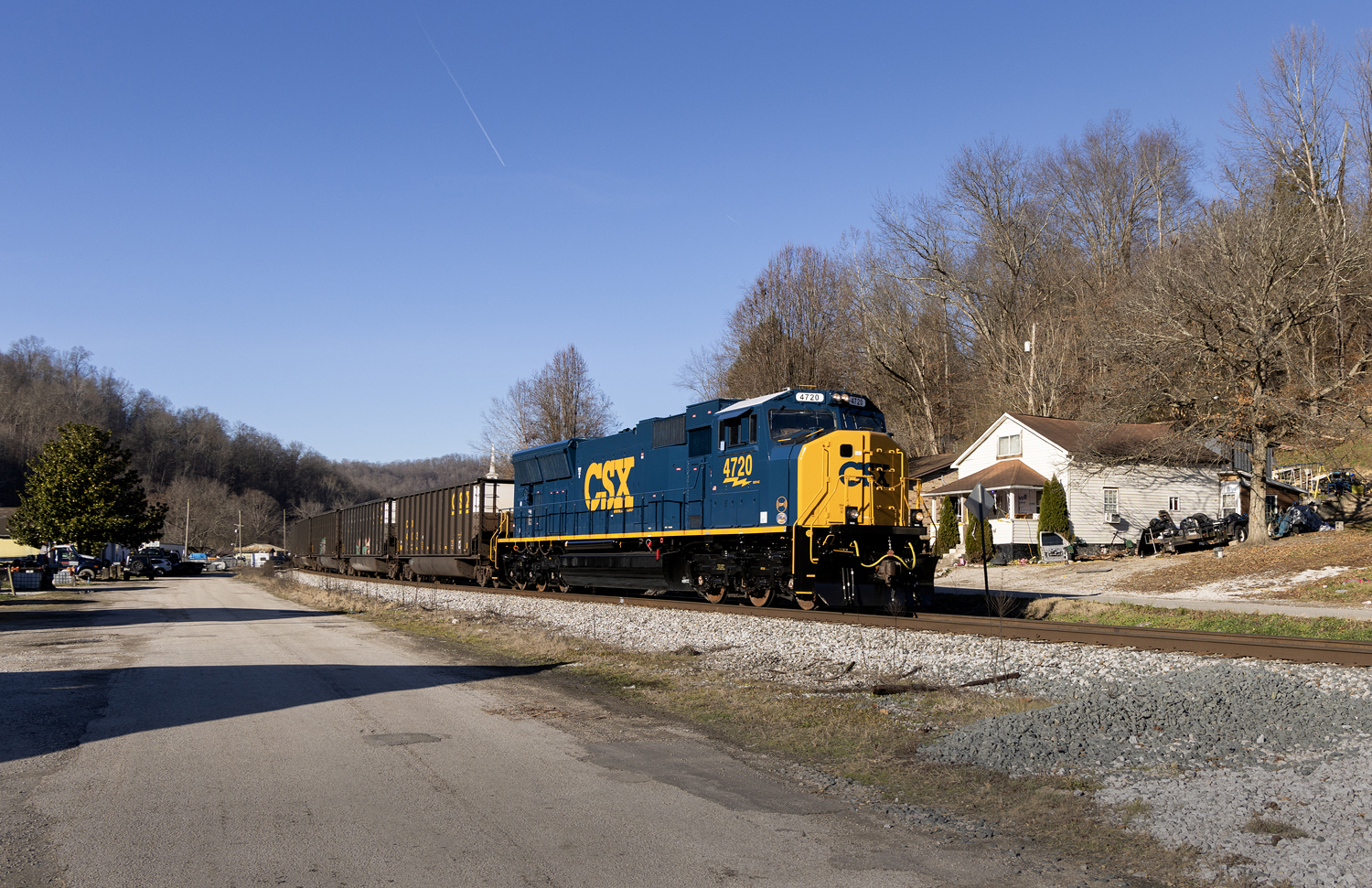
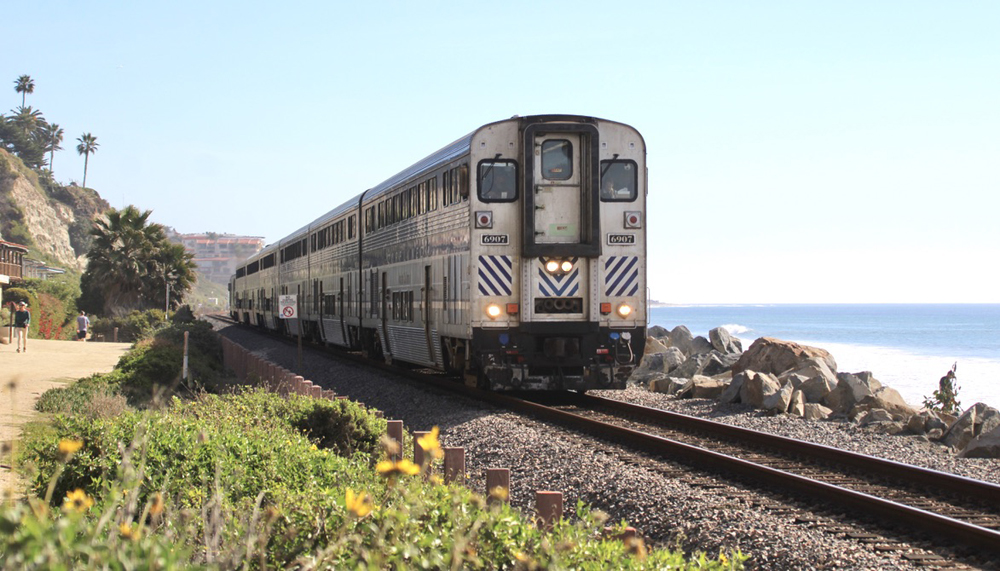
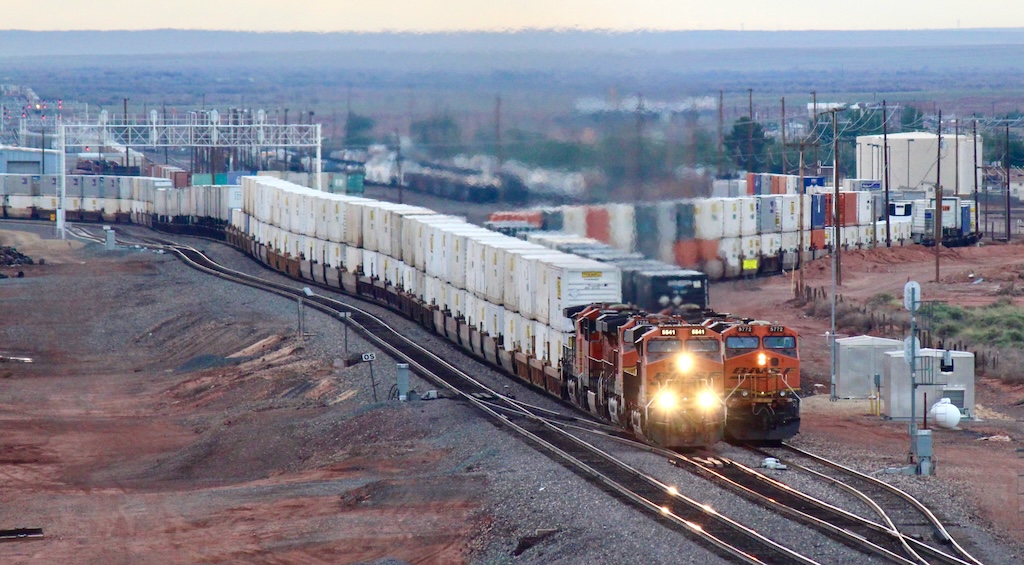
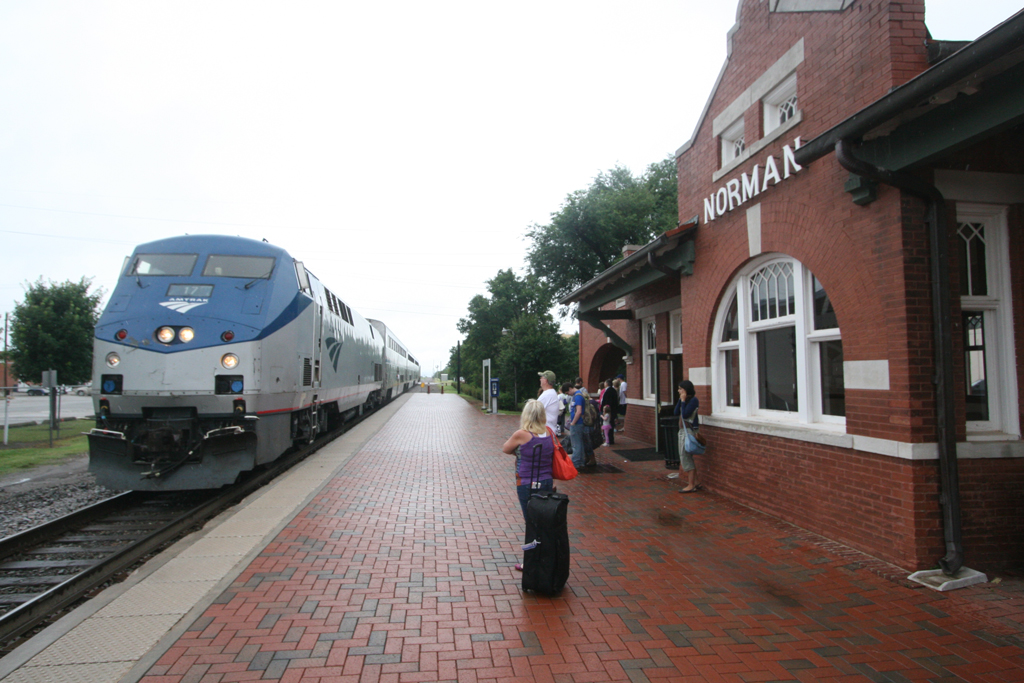




Is a competing bid from one or more other Class Is a reasonable possibility?
Regarding a name, how about Canadian Southern?
My guess is that it’s unlikely that name would be adopted. The Southern Railway existed until 1982, when it became part of Norfolk Southern. I believe there’s too much similarity in the name. Granted, the word Southern does appear in the KCS name, but it’s almost used as an adjective.
They will take the wimp route and repaint the trains “CPKC” with heritage paint schemes, and so forth, and so on. BNSF already wrote the book on how to create a new brand post merger of Class 1’s. Just like we name Kentucky Fried Chicken “KFC” but we can’t call Taco Bell “TB”.
Hard to stumble through “CPKC”, but “KCCP” works pretty well.
Sounds sort of like that country whose old name started with a C.
Mergers into future oblivion.
Fox News on-line reports that the company will be named Canadian Pacific Kansas City. Hope this isn’t correct. Hate the name, doesn’t roll off the tongue. Canadian Pacific is just a fine name as it is.
Yeah, Charles, that’s a terrible-sounding name.
Could be the beginning of the final push: BNSF + NS. NS has just lost out in New England probably because it doesn’t have the deep pockets of investable cash/investment bankers, but Uncle Berkshire Hathaway does. Can’t see the two ego maniacs at UP and CSX getting together though.
I use to think that too, but not anymore due to CSX taking the reign in the East. BNSF+CSX will look to be a better combination they have more synergy. With UP+NS.